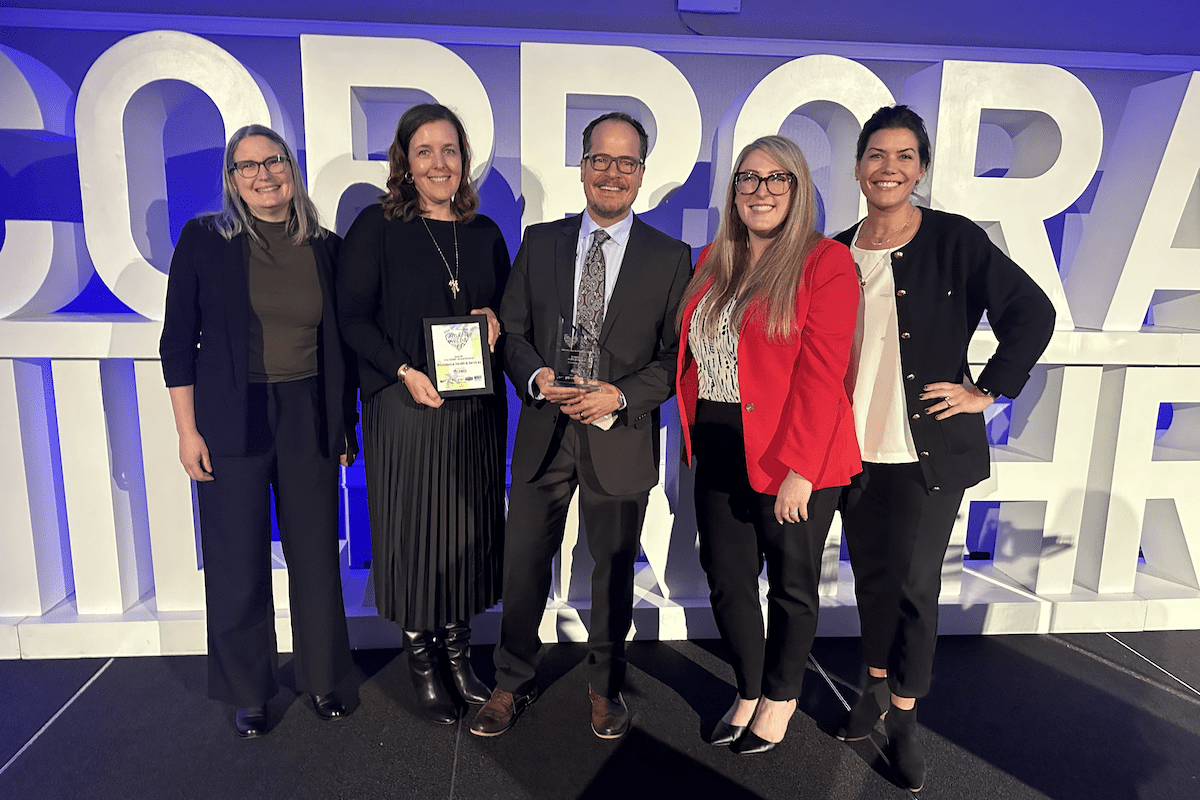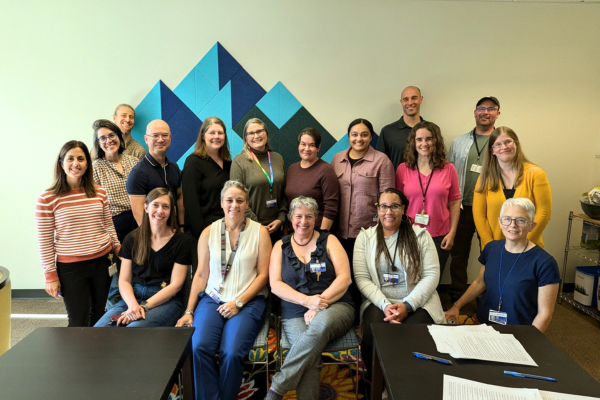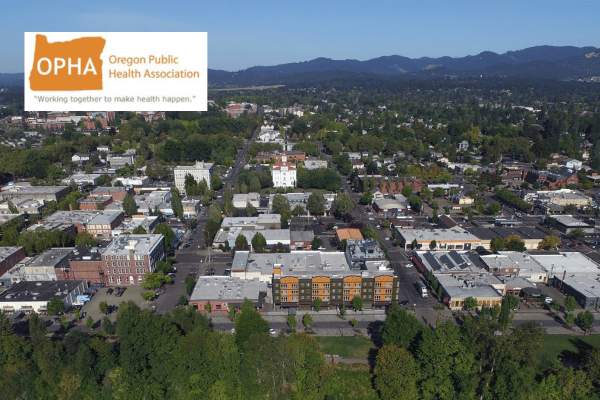CORE data analysis supports change in Portland's behavioral health landscape
- A data analysis initiative supported by Providence CORE could significantly influence behavioral health policy and response strategies in Portland, Oregon, and statewide.
- CORE analyzed data from 289,780 adult Medicaid beneficiaries in the Portland metro area enrolled in Health Share of Oregon.
- The analysis illustrates the complex relationships between substance use disorders, mental health, and healthcare use patterns and the need for more targeted and effective interventions.
Amid compounding crises in the Portland metropolitan region related to substance use disorders (SUDs), mental illness, and homelessness, a recent analysis conducted by the Providence Center for Outcomes Research & Education (CORE) offers data that could significantly influence local and state-wide policy and response strategies. That includes demonstrating the need for more acute care services like increased psychiatric and SUD bed capacity for people experiencing mental health and substance use crises.
Findings from the analysis, which draw on data from Health Share of Oregon, the state’s largest Medicaid Coordinated Care Organization, illustrate the complex relationships between substance use disorders, mental health, and healthcare utilization. This work has also garnered attention from local media, leaders, and policymakers.
A data-driven approach to addressing behavioral health and homelessness
As the Portland area grapples with high rates of addiction and polysubstance use amplified by the availability of fentanyl and potent methamphetamine, an affordable housing crisis, and the impacts of the COVID-19 pandemic, the need for more targeted responses is clear. These issues severely impact the lives of those experiencing addiction and mental illness; they also put significant pressure on the local safety net of healthcare providers, first responders, community nonprofits, and others. Yet, while regional stakeholders recognize the need for high-quality data to inform more effective interventions, that data has historically been challenging to come by.
"There's no question that many community members are struggling with compounding crises of houselessness, mental illness, and substance use disorders,” explained Kristen Lacijan, MS, MPH, program manager at CORE. “However, high-quality data on who is impacted and how they are served by the healthcare system has often been scarce.”
CORE’s analysis, conducted in partnership with Health Share of Oregon, CareOregon, and Central City Concern, is helping change that. CORE analyzed data from the 289,780 adult Oregon Health Plan beneficiaries in the Portland metro area enrolled in Health Share of Oregon, providing a rich dataset that illustrates the complex relationships between substance use disorders, mental health, housing, and healthcare utilization.
Key findings: turning data into action
Findings from the analysis revealed that approximately 10% of adult Health Share members – around 28,000 individuals – had a diagnosis related to substance use or mental health in 2022. Despite making up only 10% of Health Share's total membership, these members accounted for 41% of adult inpatient admissions and 45% of adult inpatient costs. These data illustrate the disproportionate impacts and needs of these complex and interrelated conditions. *
- 12,000 adult members (4%) had an Opioid Use Disorder diagnosis.
- 11,600 adult members (4%) had a Psychosis disorder diagnosis.
- 9,600 adult members (3%) had a Stimulant Use Disorder diagnosis.
- 4,900 adult members (2%) had a self-harm event diagnosis.
- 2,500 adult members (1%) had a substance-associated overdose diagnosis.
These and other data from the analysis present a clearer picture of how of co-occurring substance use and mental health challenges impact people’s lives and the systems that serve them. Health Share and its partners are now leveraging the analysis to shape response strategies and advocate for investments in critical areas. That includes better coordination and navigation between housing and behavioral health systems, withdrawal management and substance use disorder residential treatment, psychiatric secure residential treatment, and expanded inpatient psychiatric services, all of which they believe are critical to meeting the community’s needs.
Health Share CEO Mindy Stadtlander explains the high stakes for a more targeted response: “We need to put real attention into taking better care of this group of people. After decades of underinvestment in the behavioral health system, our region does not have the scale of services to serve this population well.”
Despite the challenges ahead, Health Share, CORE, and the other partners are optimistic that this data-driven approach will not only guide immediate responses but also catalyze lasting policy changes, offering hope for those grappling with the intersecting challenges of mental health, substance use, and houselessness in the metro region.
“CORE’s work on our ecosystem analysis is a game changer,” adds Stadtlander. “It’s moved Health Share in different, more precise directions. I can’t overstate our appreciation for the thoughtful, smart, and capable team, and I’m so grateful for their partnership in this important work."
*Notable limitations of the data
- Medical claims underestimate the number of people with conditions because they only count people with a diagnosis captured in medical encounters.
- The housing-insecure population is an underestimate of people who face housing insecurity.
Related resources
- CORE in the news: A data-driven approach to addressing behavioral health & homelessness in Portland
- Willamette Week story: CEO of Portland’s Largest Social Services Nonprofit Says Things Are Really Bad. Now He Has the Data to Prove It.
About the partners
Health Share of Oregon serves Oregon Health Plan members in Clackamas, Multnomah, and Washington counties. Health Share brings together health plans, providers, and community health resources so that members can access the care they need to be well.
The Center for Outcomes Research & Education (CORE) is an independent team of scientists, researchers, and data experts based in Portland, Oregon.
CareOregon is a nonprofit providing health insurance services to meet the health care needs of low-income Oregonians. CareOregon serves about one quarter of Oregon Health Plan members plus members in its Medicare plan.
Central City Concern is ending homelessness by treating the whole person, as a person. Each year, more than 13,000 people turn to Central City Concern for compassionate support to become self-sufficient and productive.





